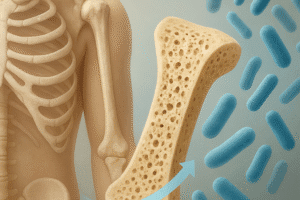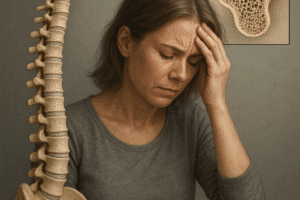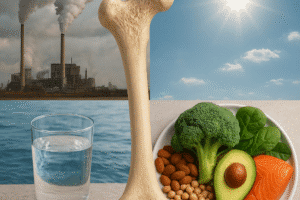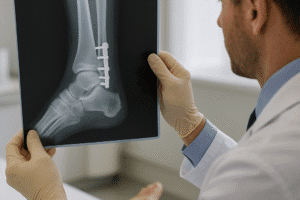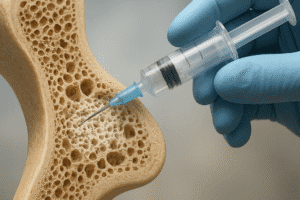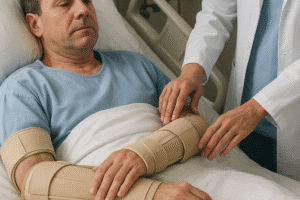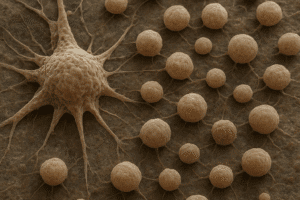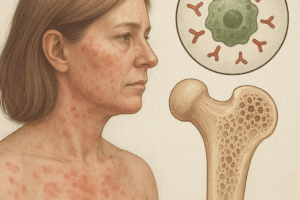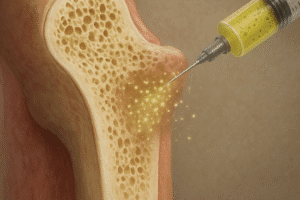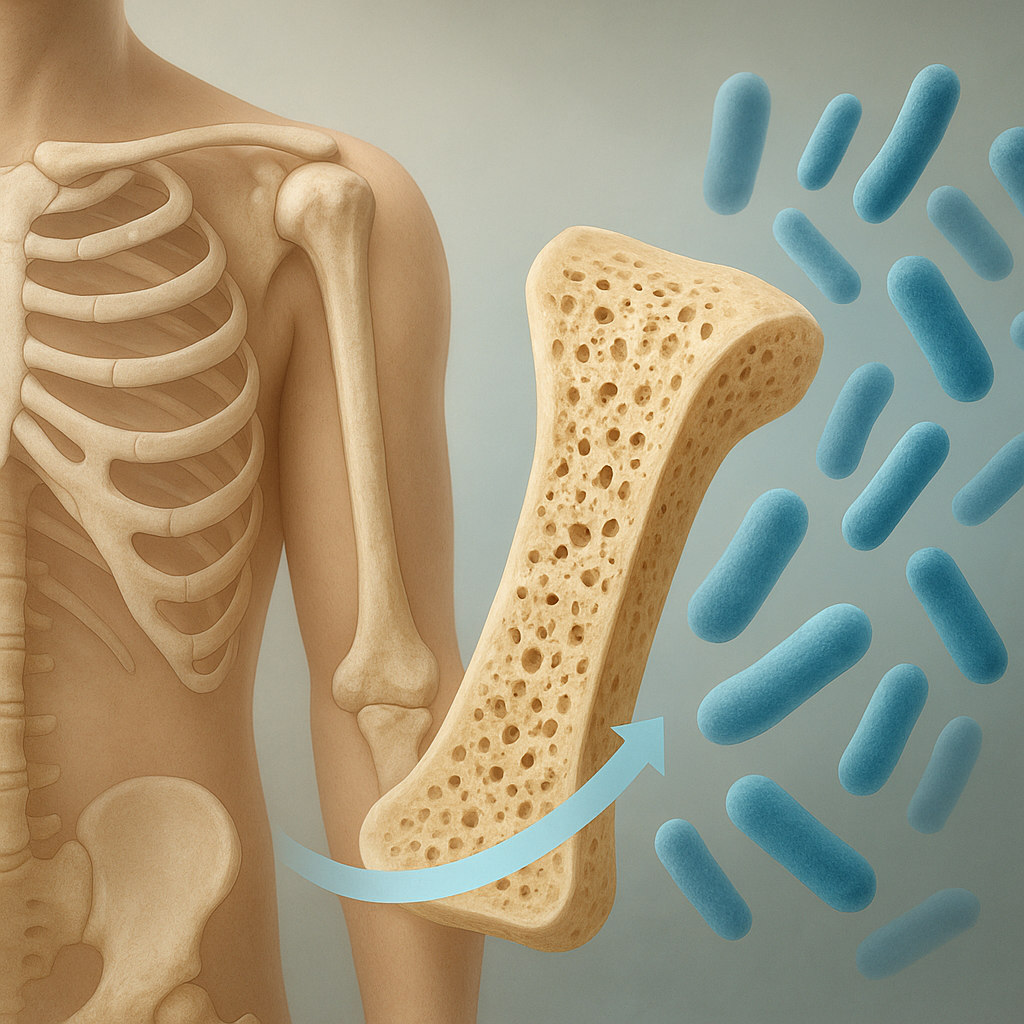Bone health is a critical concern for menopausal women, as hormonal changes during this life stage can significantly impact bone density and overall skeletal strength. With the decline in estrogen levels, the risk of osteoporosis and fractures increases, making it essential for women to adopt preventive measures to maintain their bone health. This article explores the factors affecting bone health in menopausal women and offers practical tips for prevention.
Understanding Bone Health and Menopause
Bone health is influenced by various factors, including genetics, lifestyle, and hormonal changes. During menopause, the body experiences a natural decline in estrogen, a hormone that plays a vital role in maintaining bone density. Estrogen helps to regulate the activity of osteoclasts, the cells responsible for bone resorption. When estrogen levels drop, osteoclast activity can increase, leading to a decrease in bone mass.
Osteoporosis is a condition characterized by weak and brittle bones, making them more susceptible to fractures. It is often referred to as a “silent disease” because it can progress without any noticeable symptoms until a fracture occurs. Menopausal women are at a higher risk for developing osteoporosis due to the rapid loss of bone density that can occur in the first few years after menopause.
Risk Factors for Bone Health in Menopausal Women
Several risk factors can contribute to poor bone health in menopausal women, including:
- Age: The risk of osteoporosis increases with age, particularly after menopause.
- Family History: A family history of osteoporosis or fractures can increase an individual’s risk.
- Body Weight: Low body weight and body mass index (BMI) can contribute to lower bone density.
- Diet: A diet low in calcium and vitamin D can negatively impact bone health.
- Lifestyle Choices: Sedentary behavior, smoking, and excessive alcohol consumption can all contribute to bone loss.
Tips for Preventing Bone Loss
Preventing bone loss during menopause involves a multifaceted approach that includes dietary changes, physical activity, and lifestyle modifications. Here are some effective strategies to help maintain bone health:
1. Ensure Adequate Calcium Intake
Calcium is a crucial mineral for bone health. Women should aim to consume adequate amounts of calcium daily to support bone density. The recommended dietary allowance (RDA) for calcium for women aged 51 and older is 1,200 mg per day. Good sources of calcium include:
- Dairy products such as milk, yogurt, and cheese
- Leafy green vegetables like kale and broccoli
- Fortified foods, including certain cereals and plant-based milk
- Fish with edible bones, such as sardines and canned salmon
2. Get Enough Vitamin D
Vitamin D is essential for calcium absorption and bone health. The body produces vitamin D when exposed to sunlight, but many individuals may not get enough sun exposure, especially in winter months. The RDA for vitamin D for women aged 51 and older is 800 IU (20 mcg) per day. To ensure adequate vitamin D levels, consider the following:
- Spend time outdoors in sunlight, while being mindful of skin protection.
- Consume foods rich in vitamin D, such as fatty fish, egg yolks, and fortified foods.
- Consider vitamin D supplements if dietary intake and sun exposure are insufficient.
3. Engage in Weight-Bearing Exercises
Regular physical activity, particularly weight-bearing exercises, is vital for maintaining bone density. Weight-bearing exercises force the body to work against gravity, stimulating bone formation. Recommended activities include:
- Walking or jogging
- Stair climbing
- Resistance training with weights or resistance bands
- Dancing or aerobics
It is advisable to engage in at least 150 minutes of moderate-intensity aerobic activity each week, along with strength training exercises at least twice a week.
4. Avoid Smoking and Limit Alcohol Consumption
Smoking has been linked to decreased bone density and an increased risk of fractures. Quitting smoking can significantly improve bone health and overall well-being. Additionally, excessive alcohol consumption can interfere with calcium absorption and contribute to bone loss. Women should limit alcohol intake to no more than one drink per day.
5. Monitor Bone Health
Regular check-ups with a healthcare provider can help monitor bone health. Bone density tests, such as dual-energy X-ray absorptiometry (DEXA) scans, can assess bone density and identify individuals at risk for osteoporosis. Early detection allows for timely intervention and management strategies.
Conclusion
Maintaining bone health during menopause is crucial for preventing osteoporosis and reducing the risk of fractures. By understanding the factors that affect bone health and implementing preventive measures, menopausal women can take proactive steps to protect their bones. Adequate calcium and vitamin D intake, regular weight-bearing exercise, and healthy lifestyle choices are essential components of a comprehensive approach to bone health. Regular monitoring and consultation with healthcare professionals can further enhance bone health and overall quality of life during this significant life transition.
